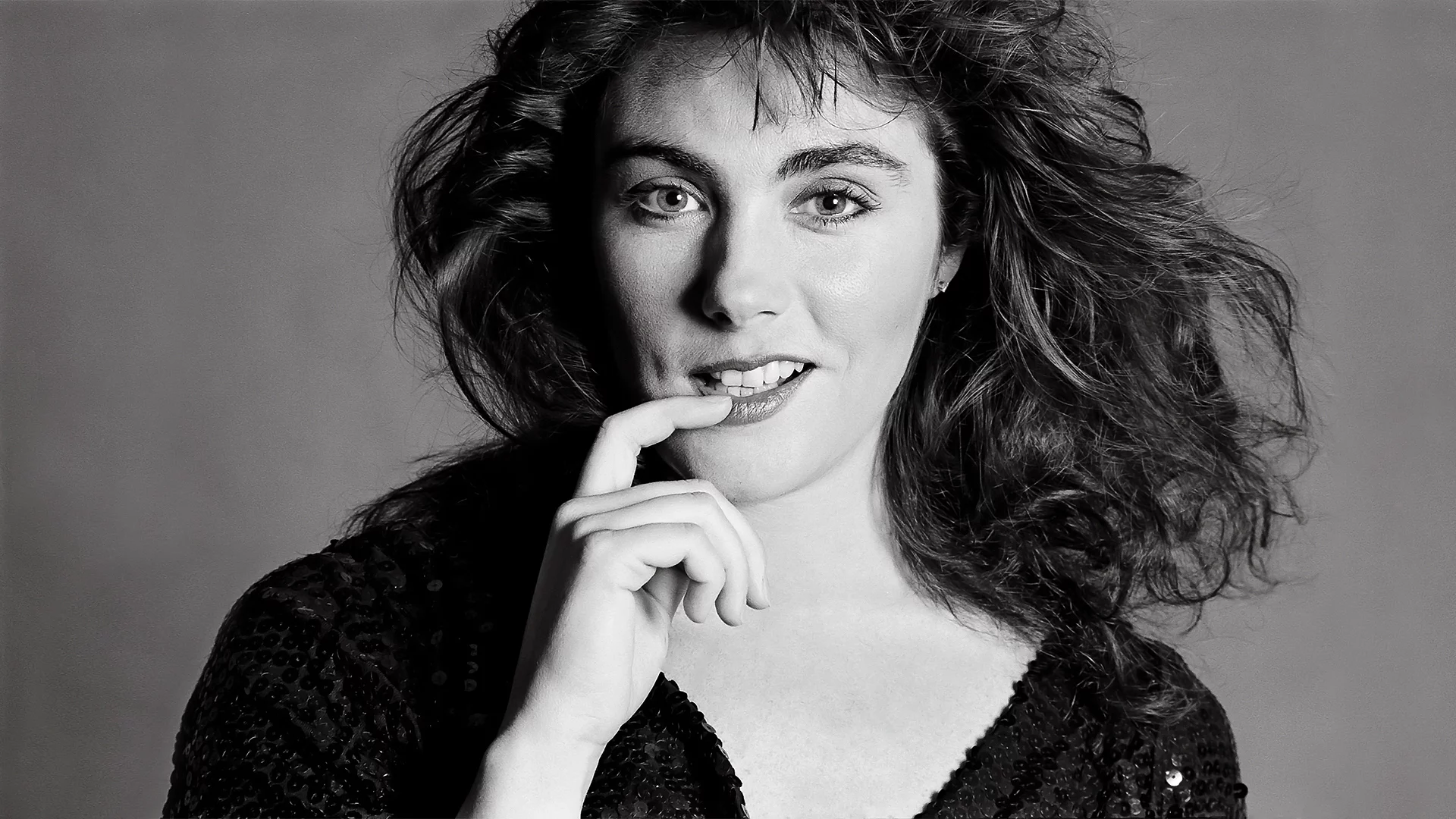
Self Control: The Nocturnal Anthem of Liberated Desires and the Irresistible Pull of the Night.
For those of us who came of age amidst the shimmering neon glow and pulsating rhythms of the 1980s, certain songs aren’t merely melodies; they are time capsules, sonic portals that instantly transport us back to a world of burgeoning independence, whispered secrets, and the intoxicating allure of the unknown. Among these timeless anthems, few resonate with the raw, unbridled energy and seductive mystery of Laura Branigan‘s “Self Control.” It wasn’t just a hit; it was a feeling, a permission slip to shed inhibitions and surrender to the velvet embrace of the night, a sentiment that still echoes powerfully within the chambers of our memories, decades later.
Released in 1984 as the title track from her third studio album, Self Control, this electrifying synth-pop masterpiece quickly ascended the global charts, etching itself into the collective consciousness of a generation. In the United States, it peaked impressively at number 4 on the Billboard Hot 100, while simultaneously dominating the dance floors, reaching number 2 on the Billboard Hot Dance/Disco chart. Across the Atlantic, its allure was even more profound, soaring to number 1 in a multitude of European nations, including Germany, Switzerland, Austria, and Sweden, and reaching a respectable number 5 on the UK Singles Chart. Its omnipresence on radio waves and MTV cemented Laura Branigan‘s status as an undeniable vocal powerhouse and a true icon of the era, building upon the colossal success of her previous smash, “Gloria.”
Yet, the story behind “Self Control” is as intriguing as its enigmatic lyrics. Many might not realize that the song wasn’t originally conceived in English. It began its life in Italy, penned and first released by the talented Italian artist Raf (Raffaele Riefoli) earlier in 1984, also under the title “Self Control.” While Raf’s version found success in his home country, it was Laura Branigan‘s powerful, dramatic interpretation, produced by the visionary duo of Jack White and Robbie Buchanan, that truly captured the world’s imagination. Her rendition infused the track with a raw, almost desperate urgency, perfectly complementing the driving synth lines and the evocative, almost cinematic atmosphere. The accompanying music video, directed by the acclaimed William Friedkin (of The Exorcist fame), further amplified its mystique. Dark, moody, and laden with suggestive imagery of nocturnal escapades and shadowy figures, the video was as controversial as it was captivating, solidifying the song’s reputation as an anthem for the wild side, a visual narrative that perfectly mirrored the lyrical descent into uninhibited freedom.
At its core, “Self Control” is a profound exploration of human desire and the intoxicating pull of the night. It’s a lyrical journey into a world where inhibitions are shed like discarded garments, and the primal urges of the soul are given free rein. The ‘self control’ in question isn’t necessarily a virtue to be maintained, but rather a burden to be cast off. The song speaks to that universal yearning for liberation, the desire to momentarily escape the constraints of daily life and societal expectations, to lose oneself in the anonymity and hedonism of the dance floor, or the thrilling uncertainty of a late-night encounter. Branigan’s soaring vocals, imbued with a sense of both vulnerability and defiant strength, perfectly articulate this dichotomy – the thrill of surrender mixed with a lingering awareness of the boundaries being pushed. It’s about embracing temptation, dancing on the edge of the unknown, and finding a peculiar form of freedom in the loss of one’s own restraints. For many, it was the soundtrack to their own late-night adventures, a permission to explore facets of themselves they might otherwise keep hidden, a siren call to the wildness within.
Even today, as the opening synth chords of “Self Control” echo through the air, a kaleidoscope of memories unfurls for those who lived through its initial reign. It’s more than just a catchy tune; it’s a visceral reminder of a time when the night held endless possibilities, when music was a conduit for emotional release, and when Laura Branigan‘s voice could transport you to a realm where passion reigned supreme. It remains a testament to the enduring power of pop music to capture the zeitgeist, to speak to our deepest desires, and to evoke a sense of thrilling, almost dangerous nostalgia for a time when losing control felt like the most exhilarating form of freedom.